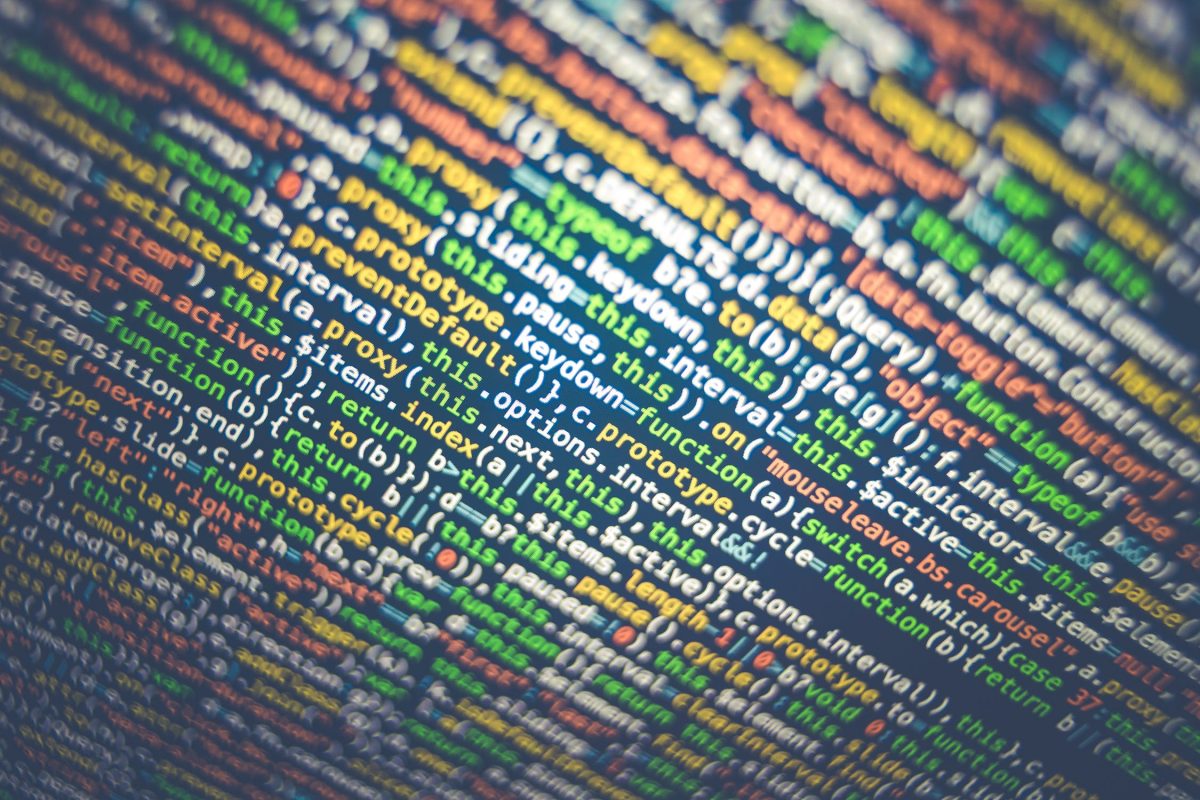Tag: Facebook
-

Learning by Proxy | Price of Data
Facebook did not buy WhatsApp or Instagram for the data but for the products that they had built. They brought a lot of the users to the products and now they are too powerful. On the other hand, companies are getting bought only for the data that they have. Is that data worth the money…
-
Facebook – Truth and Lies
Let us say I love conspiracy theories surrounding Aliens. I am scrolling through Facebook and I see an article mentioning the existence of aliens and I click on it. Facebook will make a note that this is something that generated “Engagement”. Then it will over a course of time show me another and if I…
-
China V India – Telecom – Social Network | Learning by Proxy
Every Saturday, I publish this series called ‘Learning by Proxy’. It is a capsule of some of the stuff that I found interesting over the week along with some context to it. I hope you enjoy it. I was planning to follow-up on some of the topics that I had written the last time. But…
-
Immigration, Power and Disney | Learning by Proxy
There is a lot happening on this planet. Due to the attention that COVID-19 is getting, there are many things that politicians are able to get away with. When the dust settles all this will matter. This is the fourth edition of ‘Learning by Proxy’ Politics Using the distraction of COVID-19 as a cover, Pakistan…
-
Selling Privacy
The entire social media business has been premised on selling your private data to actors who have the money to buy it. But what happens when those actors are not looking to just sell you goods; but an idea – That your country is going to the dogs! It creates the possibility that entire elections…
-
Trust and Profits
There is a deep corrlation between trust and profit. This article looks at the ad spends and what it shows us about trust.
-
Certainty
In life the things that you do depend on the degree of certainty. A few days back Salma mailed this image and asked me which company seems to have the best revenue split. The instinctive answer was to say – Microsoft. They seem to the most diversified. They are not dependent on any one stream…
-
Yahoo! – The Upside
A lot of ink has been spilt on the many mistakes made by Yahoo. How the company refused to buy Google or Facebook when the opportunity existed. Yahoo might in fact be a story of many missed opportunities. But those misses did not really define the failure. Yahoo failed because of a series of poor…
-
WhatsApp Is Worth It!
Facebook spent a whopper to buy WhatsApp. Well whopper is an understatement. They spent $19 Billion, off which only $3 Billion is subject to shares vesting. So let us first put that number in perspective Facebook bought a small company with a team of 32 engineers for $19 Billion. Let us compare this with the…
-
Little Eye Labs – Facebook Acquisition
Yesterday, a small company called Little Eye Labs, which helps optimise Android apps got acquired by Facebook. Normally, not a lot of press would be extended to such an acquisition, since the company being acquired is rather small; but the media in India exploded with this news. This acquisition is the quintessential, ‘One small step…
